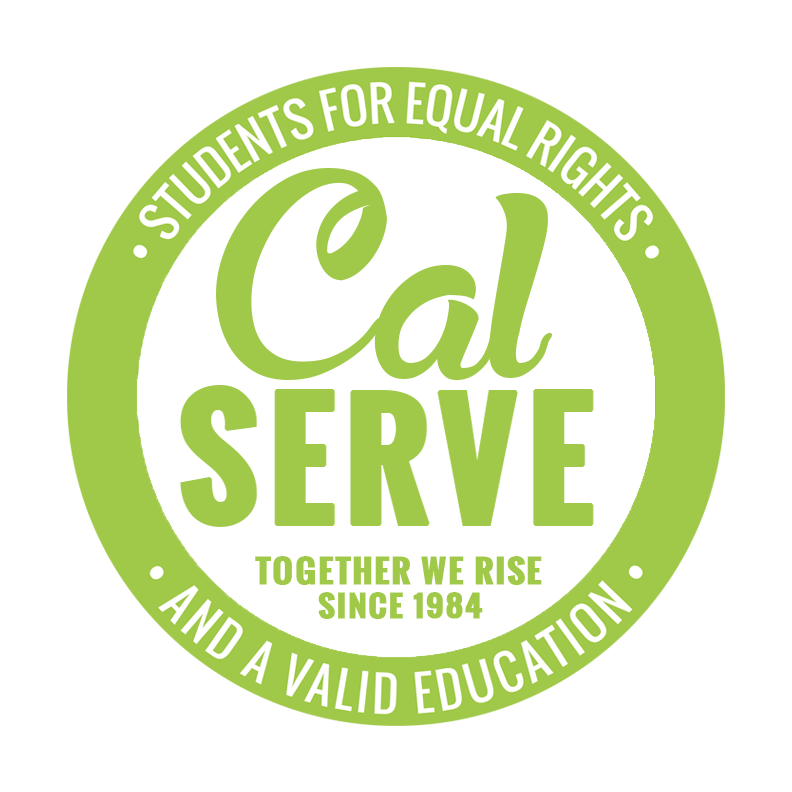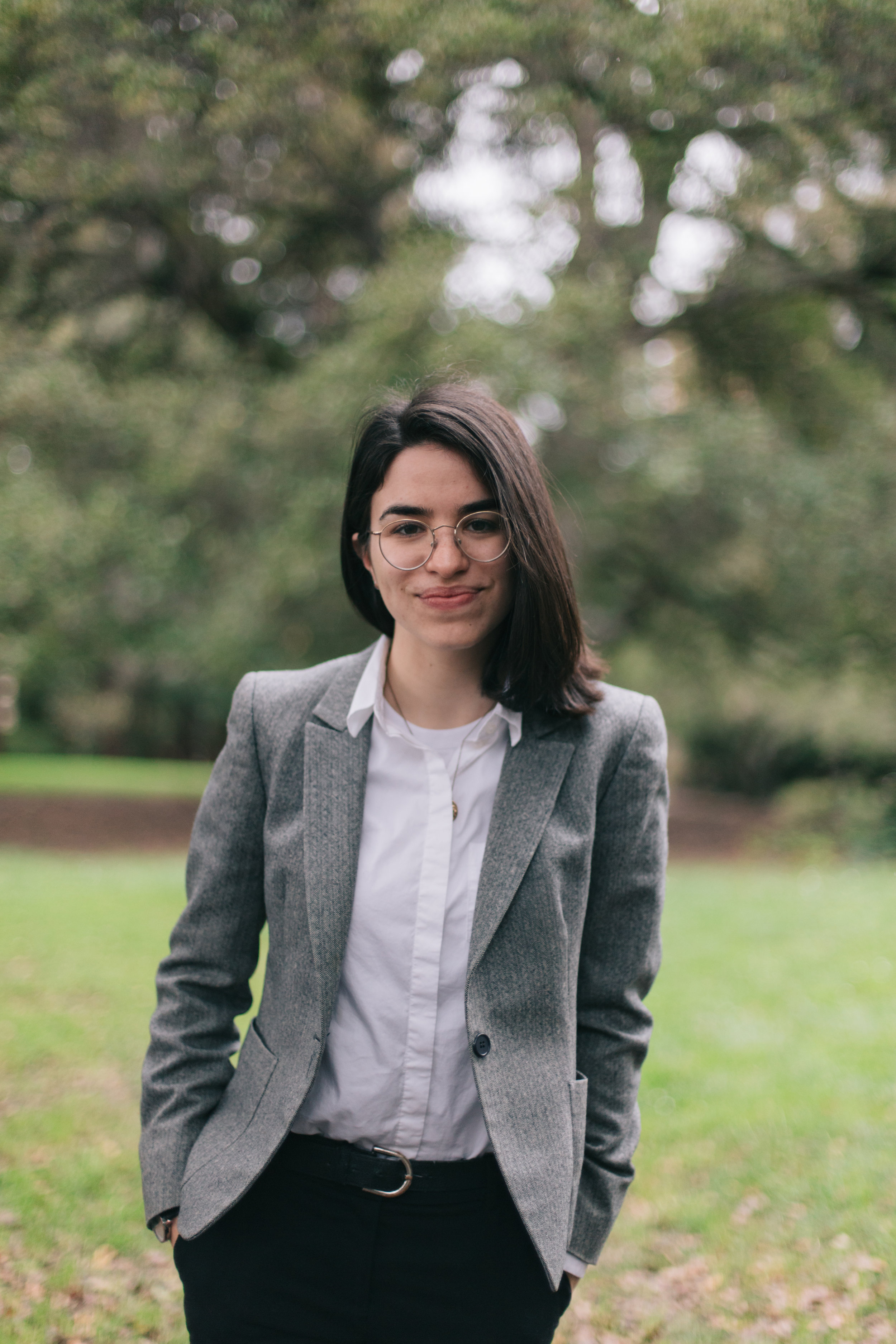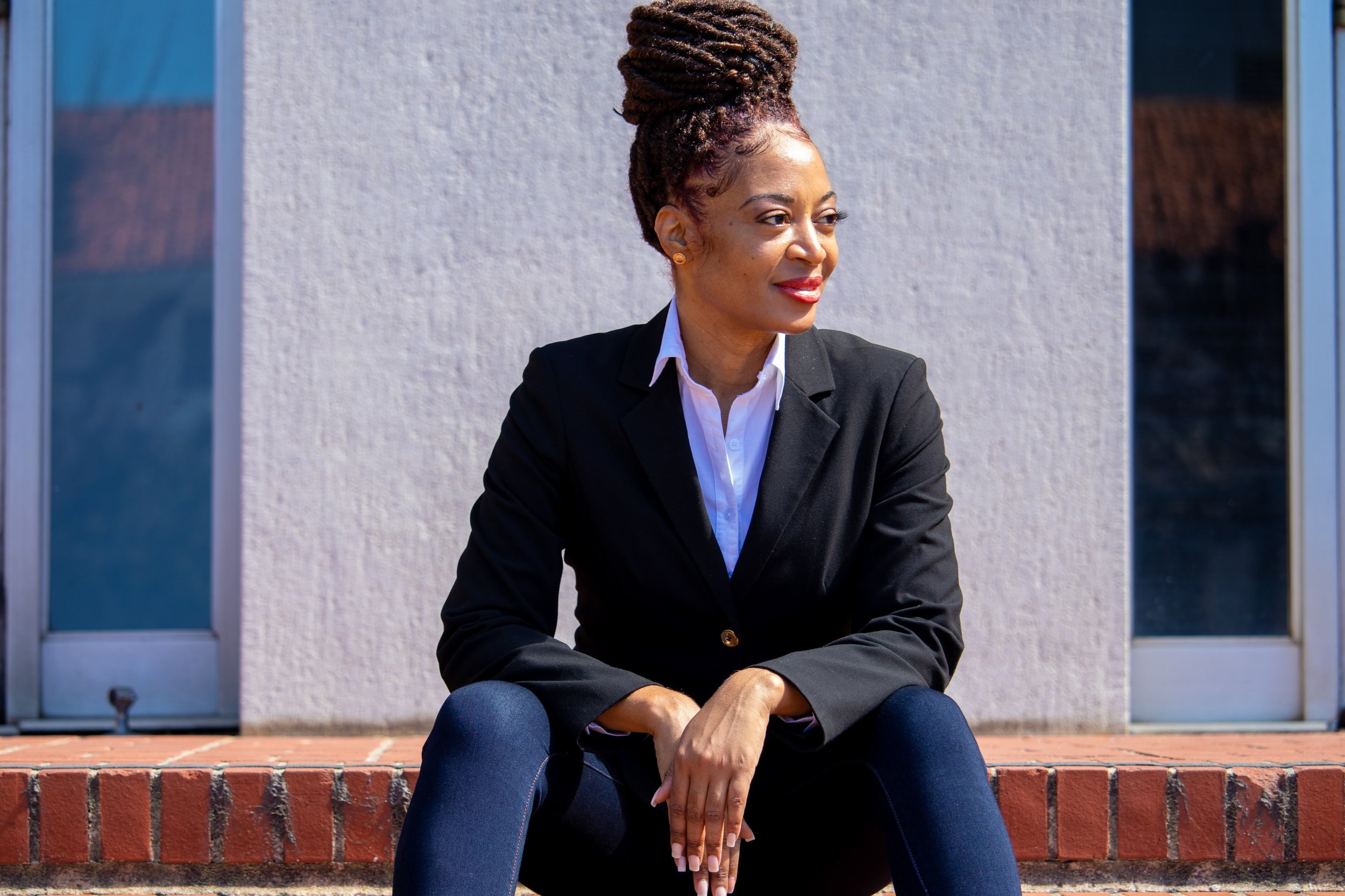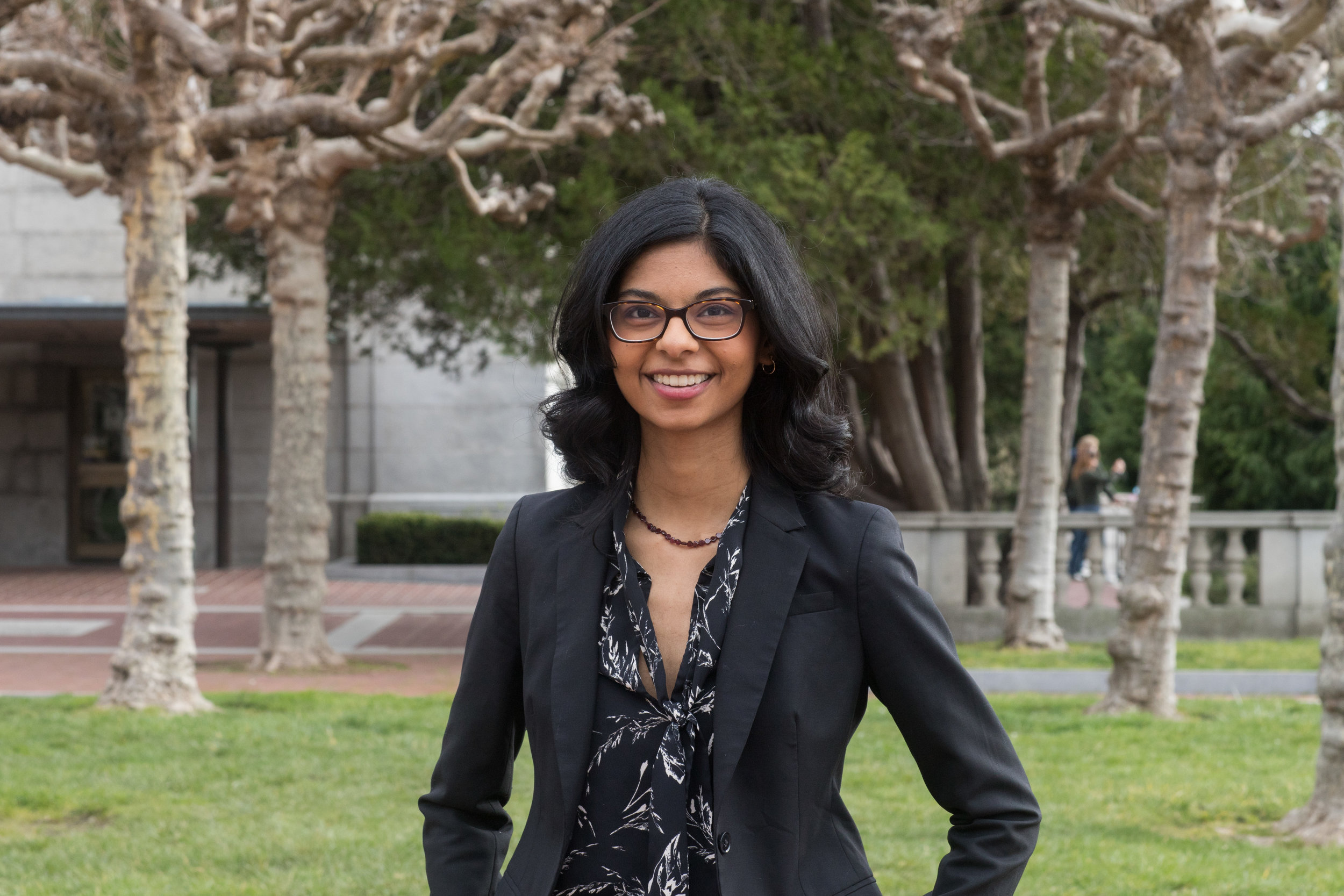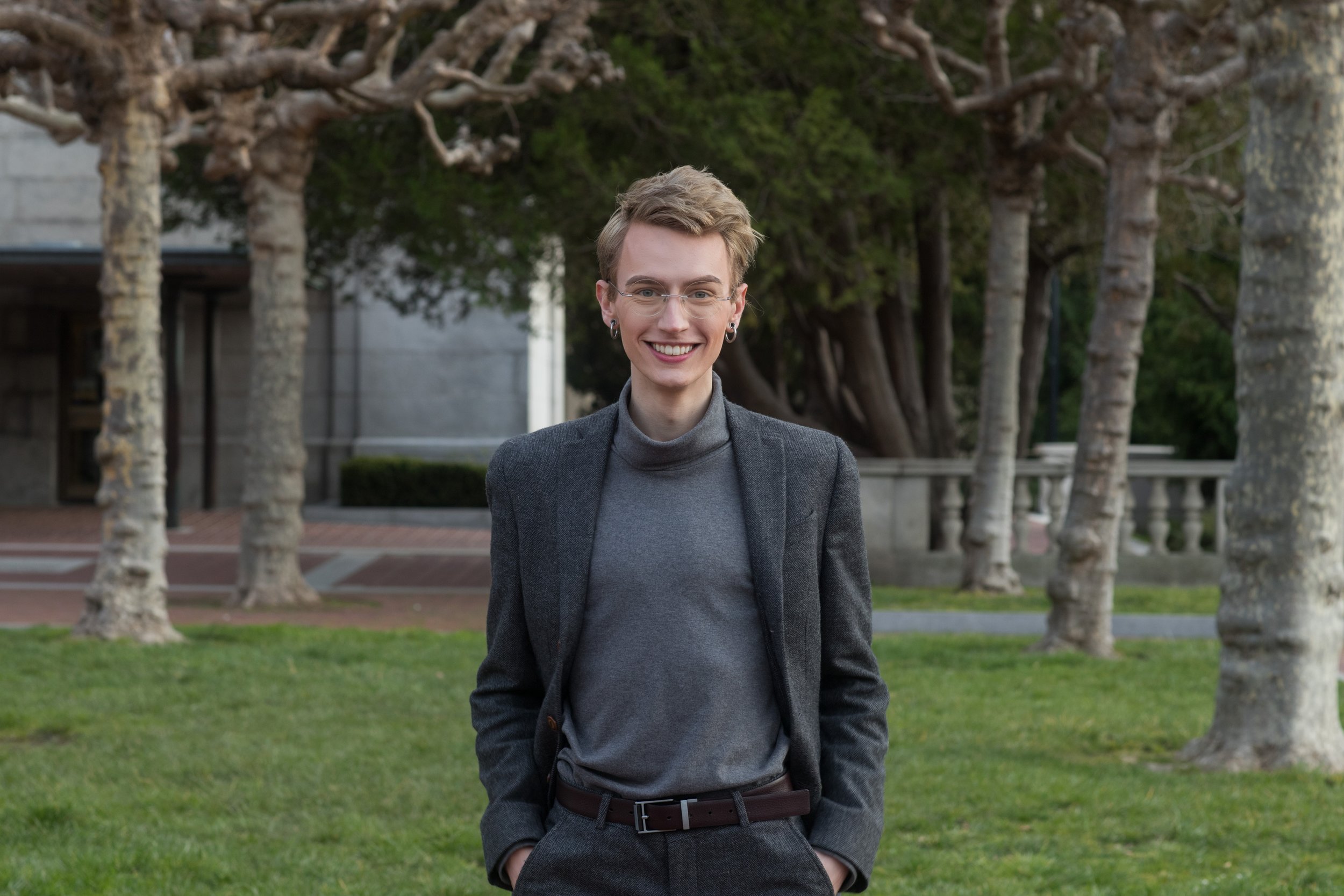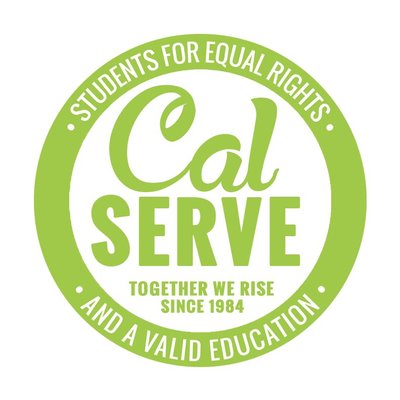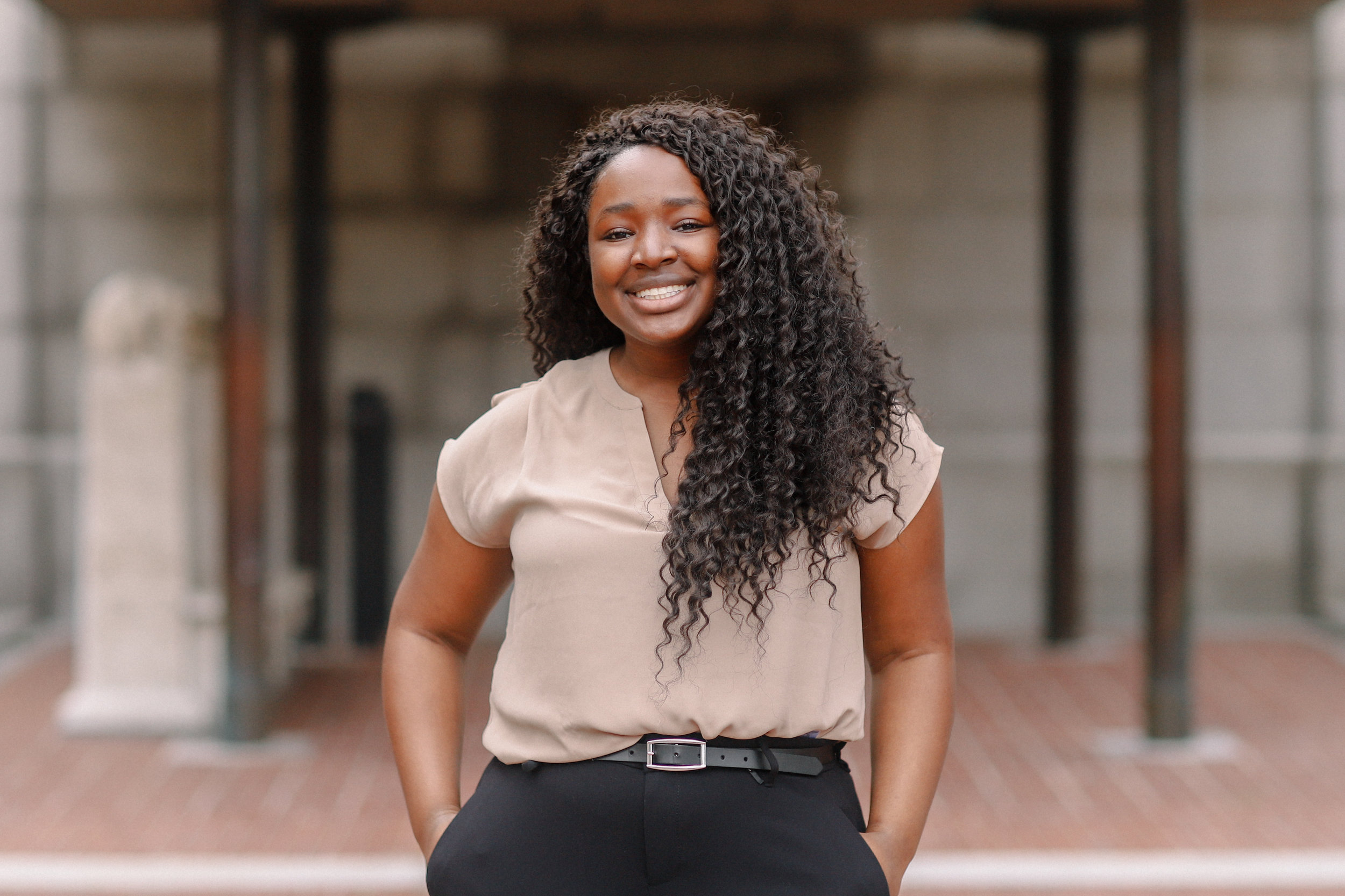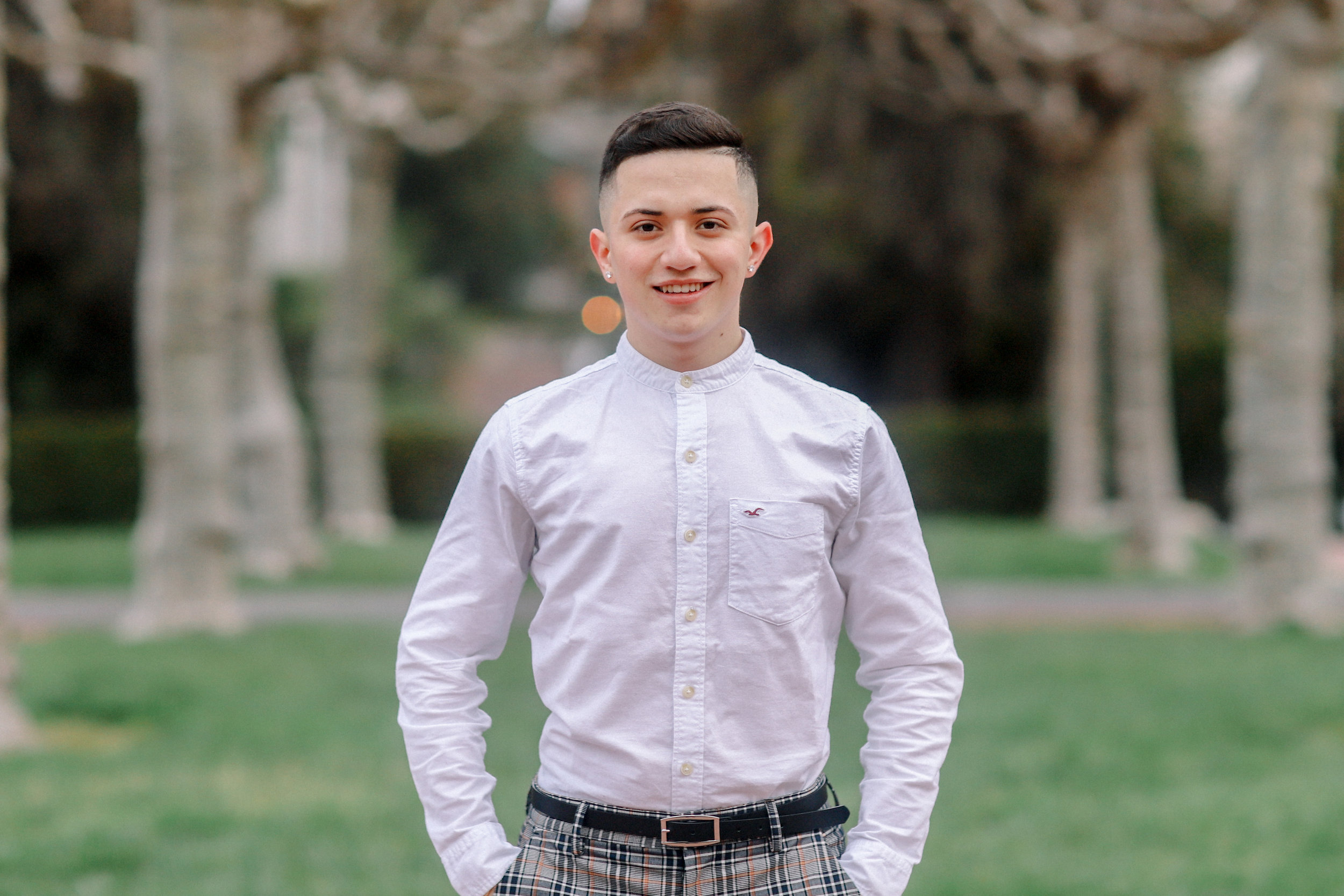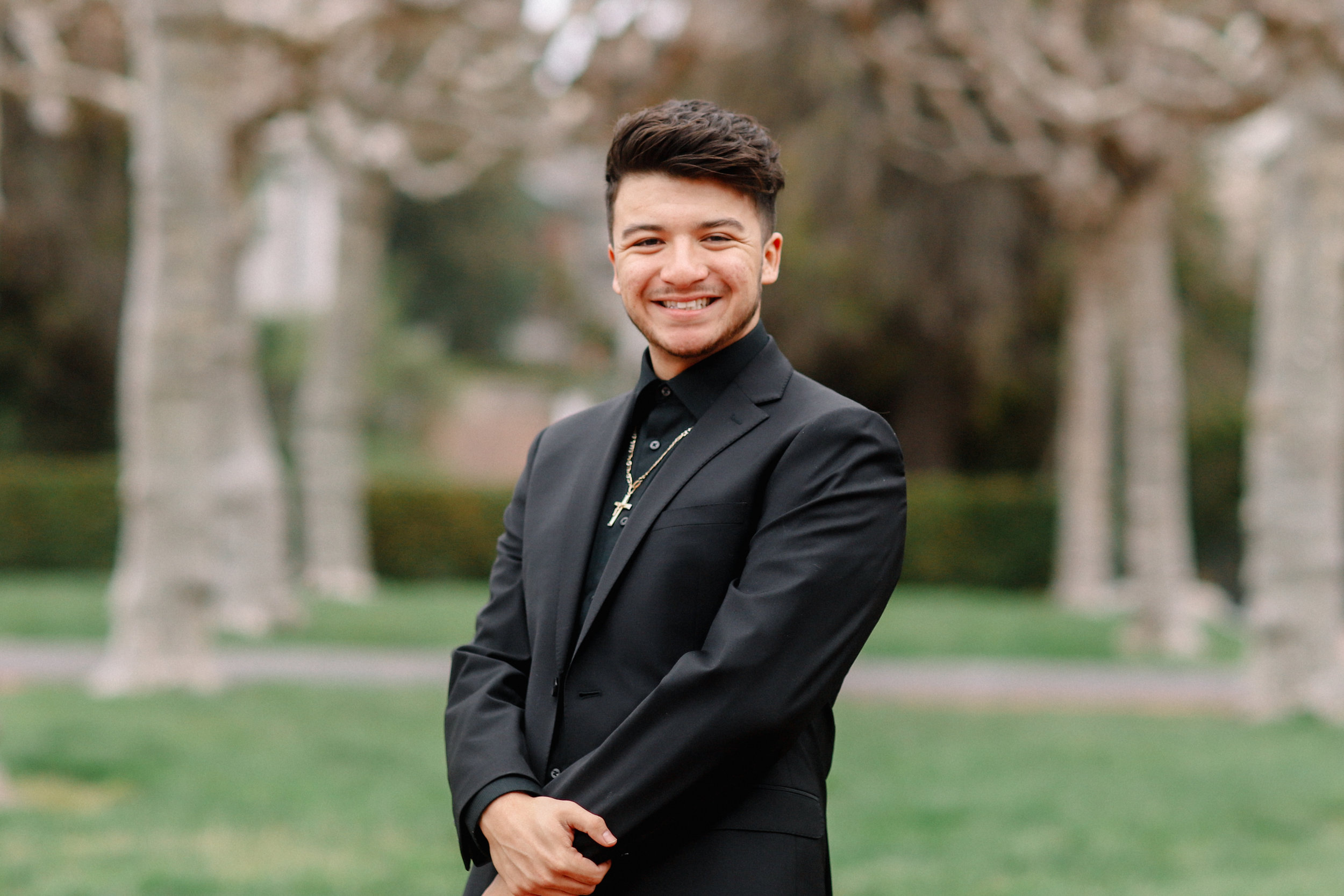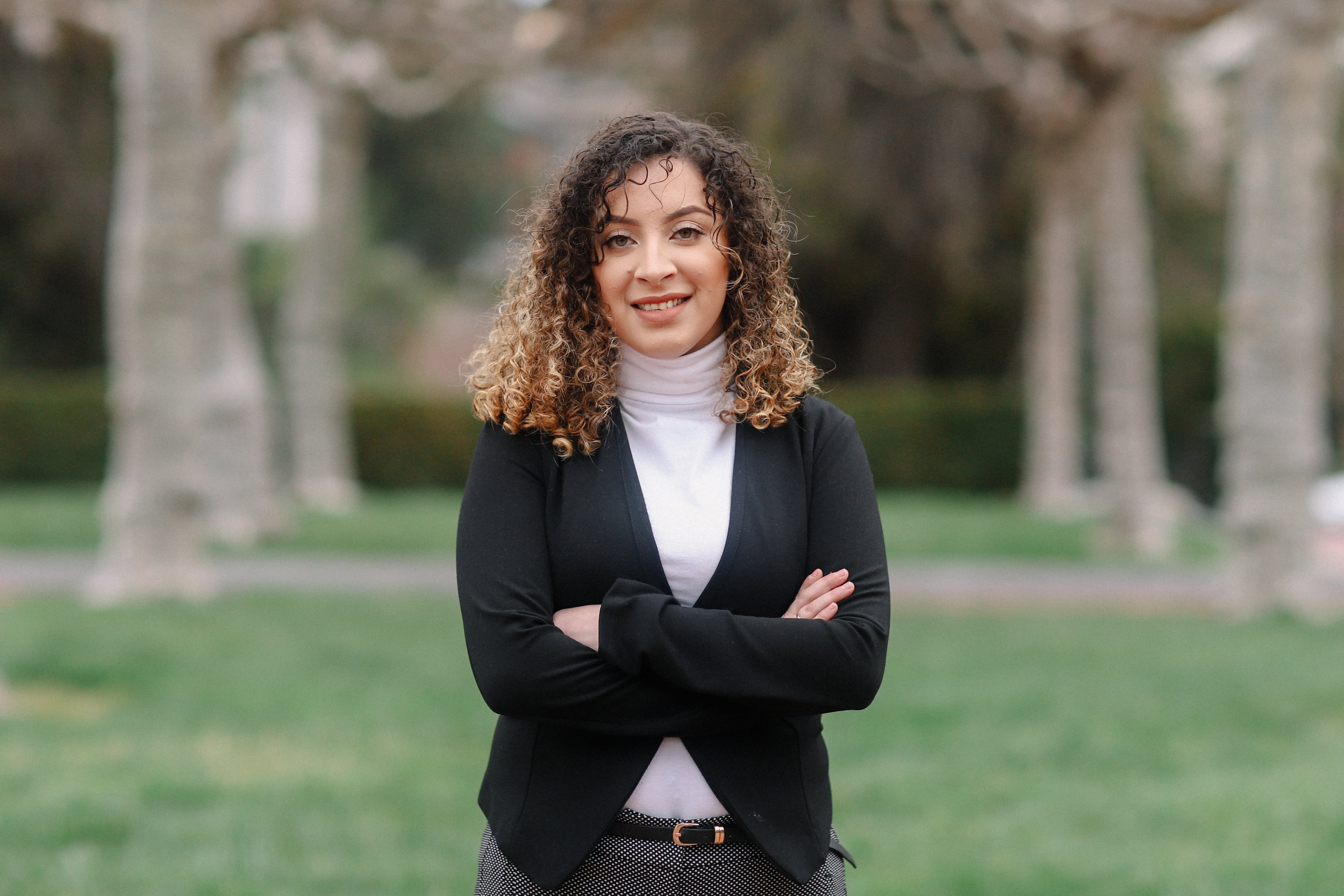Calserve 2019 executive slate
When selecting our executive slate, our coalition centers the community members who have proven their commitment to the work. We consider candidates' experience in grassroots organizing, qualifications within the ASUC, intentionality in values, and potential to be the best advocates possible for our campus community. We understand the executive offices to be platforms that can uplift community needs, so we choose wisely. Our 2019 Executive Slate embodies the politics we strive to uphold and are proud to announce. Vote CalSERVE!
PRESIDENT
Teddy
"The ASUC Presidency is bigger than any one person: it’s an opportunity to uplift communities in the margins, to prioritize voices that aren’t heard in governance or advocacy. The Office of the President holds unique potential to unite the student body behind principles of progress, innovation, and growth— that potential cannot be reached without tremendous courage and a willingness to communicate with the student body. For too long, the Office of the President has been dedicated to upholding the institutional status quo, but, in order to truly strengthen the ASUC and this campus, we need a President who is willing to champion courageous policies and positions that will re-establish Berkeley as the gold standard for on-campus advocacy.”
executive vice president
Maureen
"The Associated Students of the University of California (ASUC), a 501(c)3 non-profit organization, is recognized as one of the largest student-run organizations in the nation. The salience of the ASUC is marred by stains of partisanship much to the dismay of many in the student body. The ASUC serves approximately 40, 000 students annually with ever-changing leadership that has made maintaining a strong infrastructure challenging in spite of the fact the ASUC has seemingly functioned well as a political machine for students who have political aspirations. But, it has not served as a good advocate for the collective student body, in general. The ASUC has failed to function as a cohesive organization which has resulted in many students feeling disenfranchised by the very institution that was established to aid them in navigating the bureaucracy of the University of California’s systems. When you ask most students --outside of those already affiliated with the ASUC-- about its mission and you are sure to be met with blank stares.
Therefore, my mission as the EVP will be to create a better experience for students on campus and in the community by supporting student services, organizations, and their rights. In recent years, some in the ASUC has lost sight of the mission but if elected, I promise to make supporting student needs, organizations and student rights the chief aim of the ASUC.”
external affairs vice president
Varsha
"The External Affairs Vice President represents the ASUC on issues external to the campus and the association- working with Berkeley city government, lobbying state officials, and sitting on the University of California Students Association board of Directors. In addition, the external affairs vice president supervises the appointment or nomination of students to positions within the lobbies and on U.C. system-wide committees, serves as the ASUC representative to the association of U.C. campuses.
ACADEMIC AFFAIRS vice president
Regan
"The Academic Affairs Vice President of the ASUC ensures student wellness and student success on our campus and serves as the liaison to the Academic Senate, a bureaucratic and out-of-touch entity responsible for all academic policy and practices. In order to make the Academic Senate work for students, the AAVP must utilize every second at every seat at every table in the Academic Senate, push for comprehensive and transformative academic policy to promote an equitable experience for all students, and demand that students be chosen over pride, profit, and reputation.”
